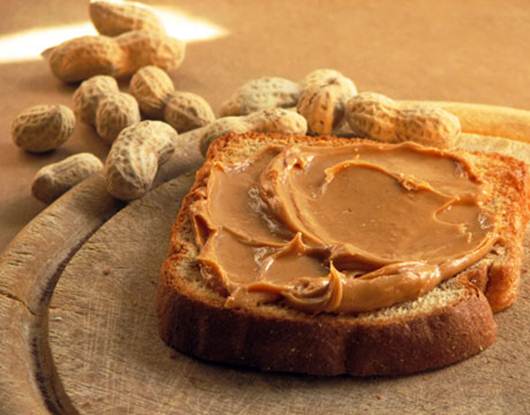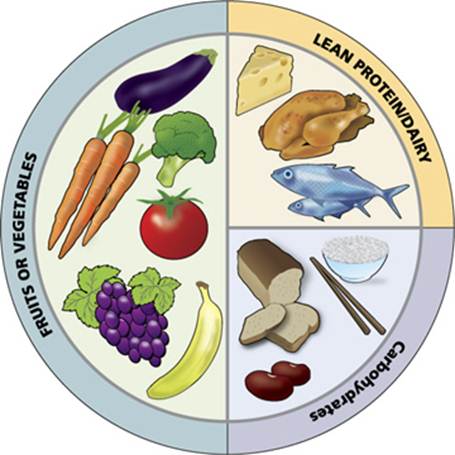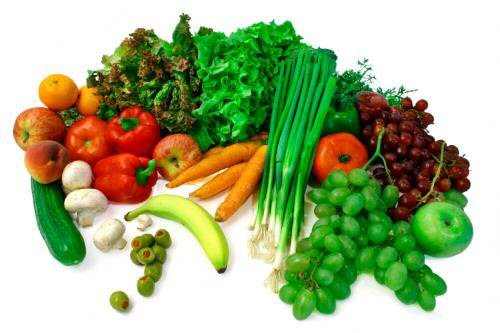Hay fever misery
If you’re reading this with runny eyes and
sneezes, you may have hay fever or seasonal allergic rhinitis. This is caused
by an allergy to different pollens. Tree pollens tend to be responsible from
around February to June, grass from May to July and weeds from September to
October Antihistamines are first-line treatments, but there's a fascinating
link With certain foods too - particularly in the case of tree pollens. 'If
you're allergic to these’ explains Dr Morris, you're far more likely to be
allergic to those fruits and nuts that share a common protein. So if silver
birch sets you off. So may apple, pear, peach, cherry, and hazelnuts.'
If
you’re reading this with runny eyes and sneezes, you may have hay fever or
seasonal allergic rhinitis.
Treatment tactics
Some food allergies or intolerances, such
as to peanuts or gluten, are lifelong. They involve complete avoidance of the
food in question and, in the case of peanuts, carrying an adrenaline 'pen’ at
all times. Other common allergies to milk and eggs tend to disappear by the age
of three, as the immune system learns to cope with them.

As
Dr Morris explains, ‘In Israel, peanut butter is given early in life and
children don’t suffer any allergy.’
Research on peanuts is ongoing - the LEAP
(Learning Early About Peanut Allergy) Study, for example, involves giving tiny
amounts of peanuts to babies in the hope that this may protect them against allergy.
As Dr. Morris explains, ‘In Israel, peanut butter is given early in life and
children don’t suffer any allergy.’
The gold standard with other intolerances
involves keeping a food diary for at least a month, then an elimination and
challenge diet, which both Helen Bond and Dr Morris agree should never be
carried out yourself, only in a healthcare setting. This is for a variety of
reasons, not least of which is accurate diagnosis.
‘Eliminating suspect foods for a few weeks
is then followed by slowly reintroducing them, one at a time, to test for
reactions.’ explains Dr Morris. ‘It’s important that this is done in a safe
setting, as the food needs to be disguised to eliminate the possibility of an
emotional or psychosomatic factor.’

It’s
important that you cat a healthy, balanced diet by substituting appropriate
alternatives
If food intolerance is diagnosed, it’s
important that you cat a healthy, balanced diet by substituting appropriate
alternatives (see chart above). This should be done in consultation with your GP, allergy specialist or dietitian, who can
advise on the best route to take. Nowadays, the huge growth in ‘free from’
foods (free from nuts, gluten, wheat and dairy) available on supermarket
shelves has made life considerably easier, with Mintel reporting recently that
we spend more than $464.83 million a year on dairy-free and gluten-free foods.
Problem foods and good alternatives

Apples,
pears, grapes, and bananas can be good alternatives instead of Kiwis, citrus
fruit and berries
Try these only on advice from your GP or
dietitian
|
Problem
|
Try
|
|
Wheat
|
Rice, millet and potatoes.
|
|
Dairy
|
Soya, lactose-free, rice, goat’s and oat
milks and cheese. Choose calcium-fortified version to ensure adequate calcium
intake.
|
|
Nuts
|
Seeds, except sesame, are a good
alternative. Ensure adequate intake of fibre from fruit and vegetables.
|
|
Kiwis, citrus fruit and berries
|
Apples, pears, grapes, and bananas
|